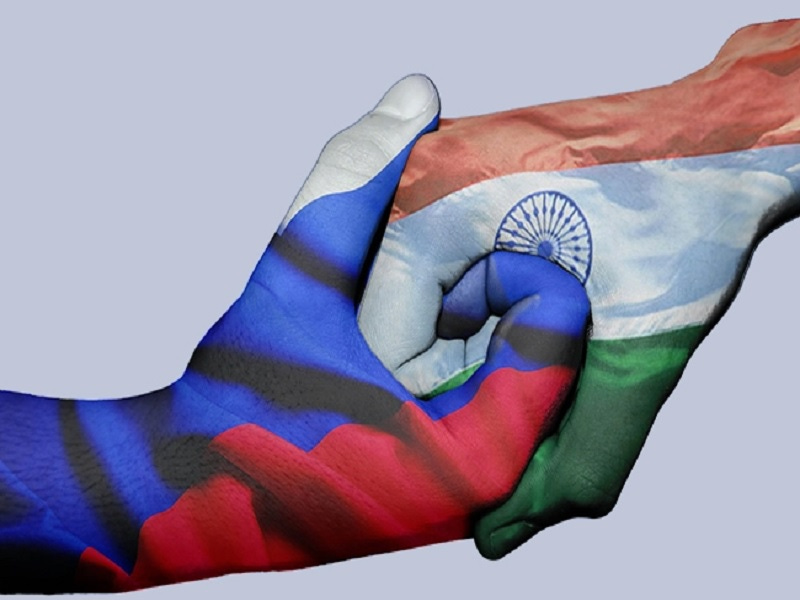Ambassador Alipov Explained Why Russian-Indian Ties Won’t Ever Be Weakened By US Meddling
Extrapolating what he intended to convey, Russian Ambassador to India Denis Alipov was simultaneously acknowledging: 1) India’s newfound role as a globally significant Great Power; 2) its similar newfound role as a Global South leader; and 3) its masterful balance between nationalism and internationalism that External Affairs Minister Dr. Subrahmanyam Jaishankar recently elaborated upon.
Russian Ambassador to India Denis Alipov praised India in an interview that he gave to TASS on Monday for bravely defying the US’ secondary sanctions threats, the latter of which he accurately described as blackmail. Ambassador Alipov added that India has stuck with its balanced position towards International Relations and that its comprehensive expansion of relations with Russia can even be interpreted as a response to this unfriendly external pressure that was unexpectedly placed upon it.
The aforementioned assessment isn’t anything new per se so keen observers shouldn’t have been surprised by it, but their interest must have been piqued by what he subsequently said. Russia’s top diplomat in Delhi then went on declare that “India, as an emerging global power and one of the leaders of the developing world, rejects foreign coercion, values its independence and ‘strategic autonomy.’ It is guided by its national interests, especially amid the food and energy crises.”
Extrapolating what he intended to convey, Ambassador Alipov was simultaneously acknowledging: 1) India’s newfound role as a globally significant Great Power; 2) its similar newfound role as a Global South leader; and 3) its masterful balance between nationalism and internationalism that External Affairs Minister Dr. Subrahmanyam Jaishankar recently elaborated upon. Deeper insight into all these subjects can be obtained by reading the preceding hyperlinked analyses.
He then wrapped up that part of his interview by concluding that “In its long-term plans, [India] acknowledges Russia’s important position as a guardian of the global balance of power and a country which shares the same views on equal and fair multipolarity on the basis of the United Nations’ central role and international law.” This is an accurate reflection of India’s policy formulation in accordance with its grand strategic goals per its leadership’s envisaged future global role for their civilization-state.
To concisely explain, India is driving the global systemic transition’s ongoing evolution from its prior Sino-American bi-multipolar superpower duopoly to a tripolar order ahead of this process’ final form of complex multipolarity (“multiplexity”). This is being achieved through its pragmatic policy of principled neutrality towards the Ukrainian Conflict in parallel with striving to lead the Global South’s rise as a third pole of influence via its informal consolidation through a new Non-Aligned Movement (“Neo-NAM”).
In pursuit of this historically ambitious goal, India rightly acknowledges Russia’s role in maintaining the balance of influence across Eurasia, ergo why it’ll never unilaterally concede on its objective national interests vis-à-vis its aforesaid grand strategy by distancing itself from Moscow under US pressure. This clarification is crucial for observers to accept in order to properly understand what really drives the Russian-Indian Strategic Partnership nowadays and why it’s possible for US meddling to ever weaken it.




